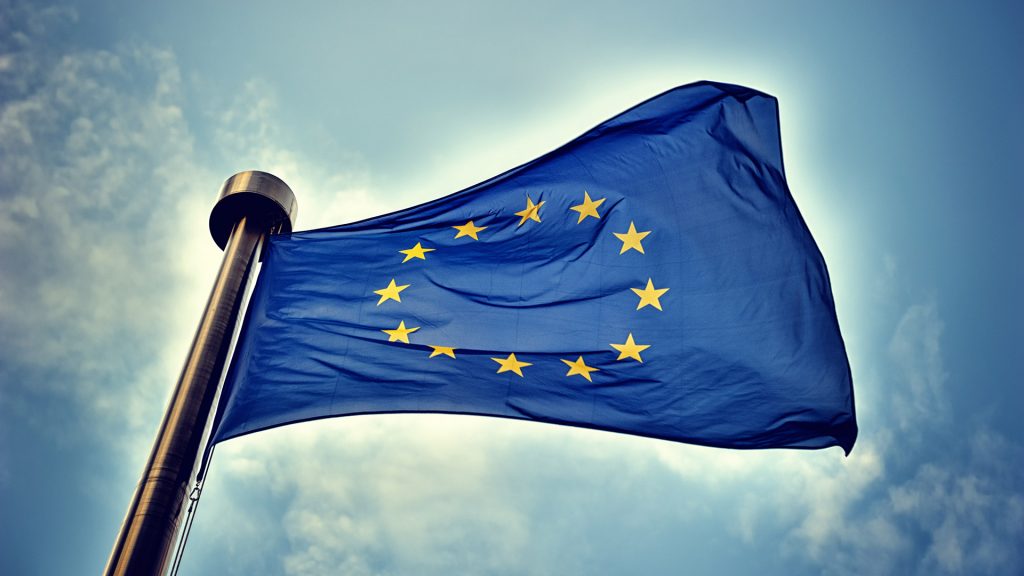EU Announcement Builds Momentum Toward Lima, Paris
Early this morning, the European Union pledged to cut emissions by at least 40% from 1990 levels by 2030. This marks the first public target by a major global emitter before the 2015 United Nations meeting in Paris. As part of the international climate negotiation process, nations are expected to declare their Intended Nationally Determined Contributions (INDCs) by the first quarter of 2015. With this pledge, the EU has made the first step towards determining their INDC commitment. Several of the 28 EU leaders, including Angela Merkel, noted that this puts Europe in a powerful position to negotiate strong binding commitments on climate action in the future and sends a “strong signal” to other nations.
The accord also included a non-binding goal of a 27% reduction in energy use through energy efficiency programs across the EU and a binding target of 27% renewable energy in the EU energy mix. Originally, the European Commission hoped for a binding renewables goal at the national level, but settled upon the EU-wide goal as a compromise with member nations. While some green groups and developing nations think that the EU should have done morewith dismay, this pledge serves as only the most recent example of national commitments to the international process.
India is discussing doubling the size of their delegation to the Lima talks in December, signaling their intention to more seriously engage with international negotiations. At the Ban Ki-Moon Climate Summit in September, China stated their goal to reach peak emissions “as early as possible,” pledged $6 million for South-South cooperation on climate change, and reiterated their goal to reduce their carbon intensity by 40-45% from 2005 levels by 2020.
In the months leading up to the Lima conference in December 2014 and the Paris conference in 2015, countries will continue to ramp up their climate action commitments. The United States has reiterated its commitment to a global climate agreement with a schedule for individual reduction targets.
The EU agreement is another signpost pointing down the road to Paris. Country negotiators are currently meeting in Bonn, Germany to lay the groundwork for the ministerial-level talks in Lima. Climate change will also be on the agenda at the upcoming Asia-Pacific Economic Cooperation (APEC) Forum as well as the G20 summit, both in November.
The EU accord marks a major step forward towards an international agreement in Paris. As the first commitment from a group of high-emitting, developed nations, the bar has been set for future targets on emissions and renewable energy.


